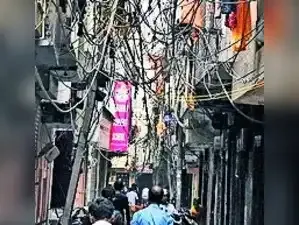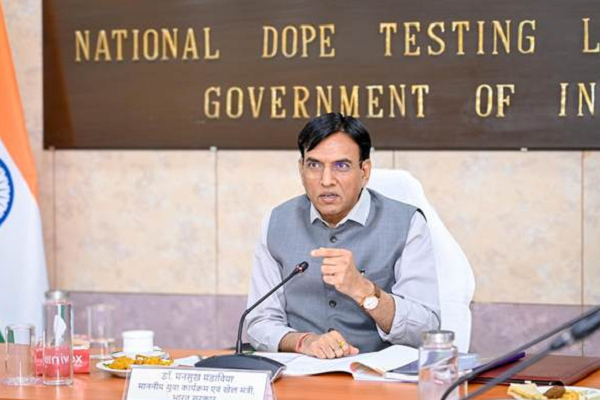Last week, a fire severely damaged one of the oldest Parsi fire temples in the country - the 186-yr-old Rustomjee Cowasjee Church in Kolkata. The building had fallen into disrepair, with shops and squatters encroaching the premises of this grade-I heritage structure. The fire has been sourced to a short-circuit inside an electrical products godown next to the defunct temple. There were no casualties in the early morning fire, but the 'accident' (sic) points to a particularly Indian scourge: crow's nests of overhead electrical power lines. These are not only eyesores, but as the Kolkata fire and earlier fatal fires from faulty wiring in Delhi and Mumbai attest, life-threatening. And, yet, urban Indians - citizens and municipal authorities - have normalised this malpractice.
NCRB data points to 1,800 short-circuit-caused fires in 2021 and 1,567 in 2022, making electrical faults one of the largest single categories for fire outbreaks. Meanwhile, recent government reports put T&D losses (largely through power theft, or 'hooking') at 16-17%, underscoring how chronic apathy keeps accumulating risks. The ugliness of tangled overhead wiring may be invisible to most people, but their danger is real.
Solutions to unclog the skyline are implementable: targeted undergrounding in high-value and high-footfall streets, single-point accountability for pole attachments, systematic insulation and safety audits, and a citizen-reporting mechanism that compels quick removal of dangerous clotted lines. A city that chooses not to keep its sky clear of clutter is a city that has ceded control of its most basic public good: safety. It's time to cut the mess down - literally - before the next spark cuts down more lives and structures, we are supposed to be proud of.
NCRB data points to 1,800 short-circuit-caused fires in 2021 and 1,567 in 2022, making electrical faults one of the largest single categories for fire outbreaks. Meanwhile, recent government reports put T&D losses (largely through power theft, or 'hooking') at 16-17%, underscoring how chronic apathy keeps accumulating risks. The ugliness of tangled overhead wiring may be invisible to most people, but their danger is real.
Solutions to unclog the skyline are implementable: targeted undergrounding in high-value and high-footfall streets, single-point accountability for pole attachments, systematic insulation and safety audits, and a citizen-reporting mechanism that compels quick removal of dangerous clotted lines. A city that chooses not to keep its sky clear of clutter is a city that has ceded control of its most basic public good: safety. It's time to cut the mess down - literally - before the next spark cuts down more lives and structures, we are supposed to be proud of.








